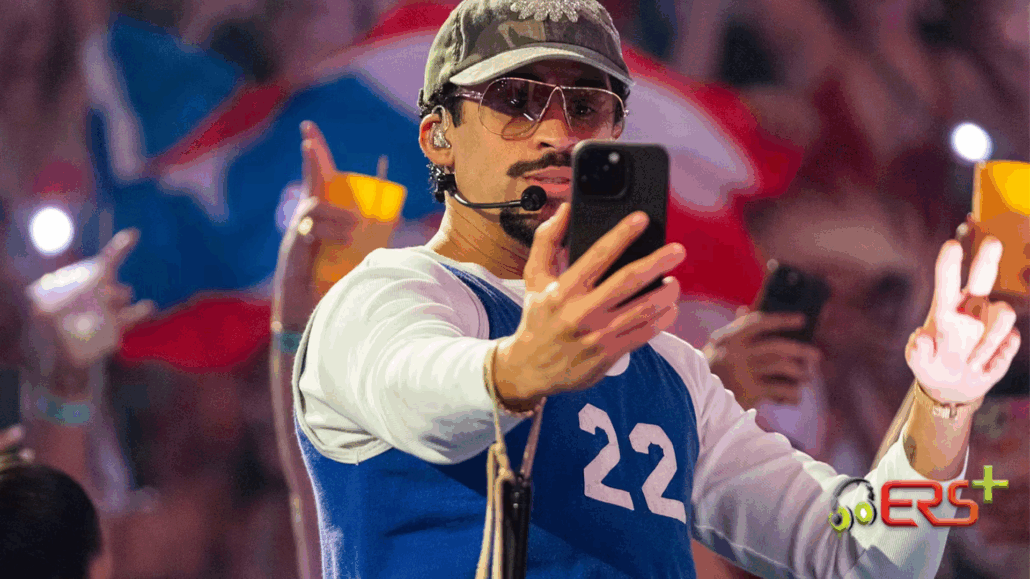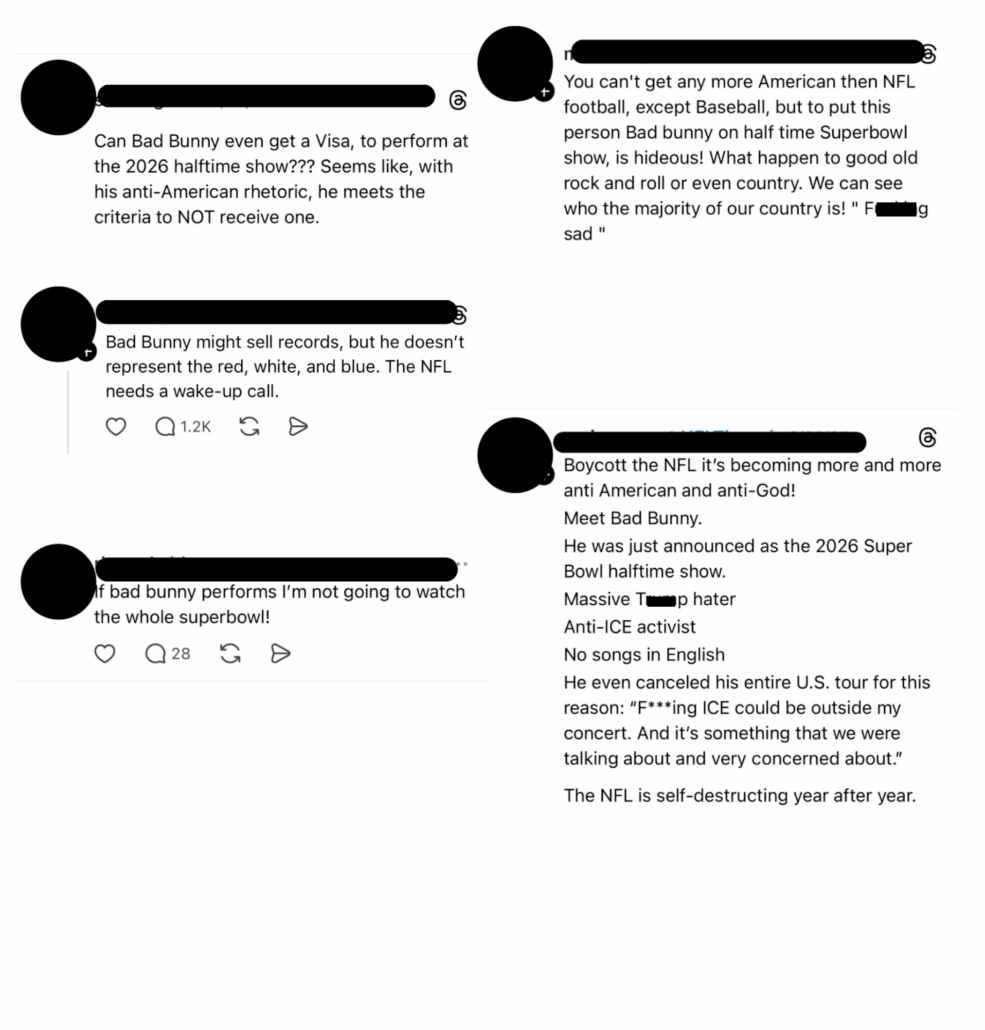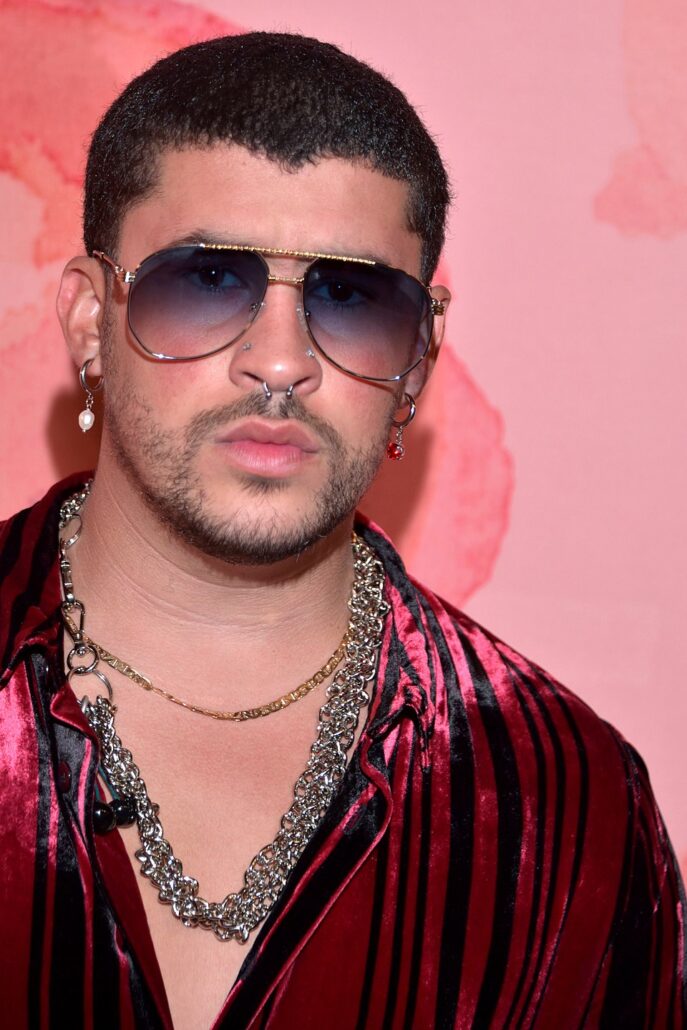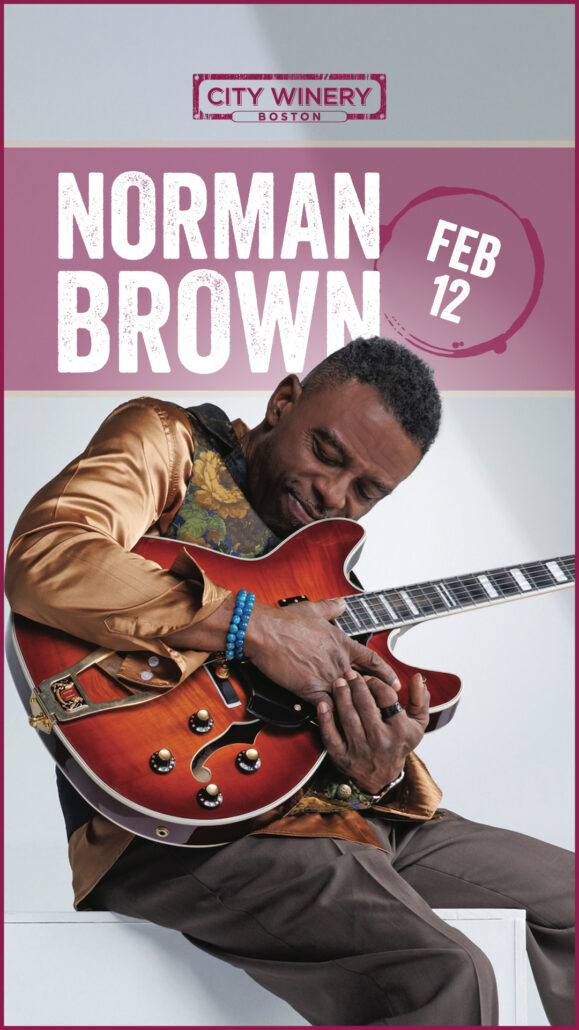De Puerto Rico pa’l Super Bowl – From Puerto Rico to the Super Bowl
De Puerto Rico pa’l Super Bowl
By Anytza Delgado

During Hispanic Heritage Month, September 15 to October 15, ERS+ salutes our Afro-Latina brother’s and sister’s voices and shared culture.
When the NFL announced that Bad Bunny would headline the 2025 Super Bowl Halftime Show some corners of the internet predictably lost their minds. Below are a few social media posts.

Threads. (2025, October 8).
“Who is this?” “Why not a real American artist?”
The irony is exhausting and frankly we’re tired.
Benito Antonio Martínez Ocasio—Bad Bunny—is not only Puerto Rican; he is also an American citizen. Puerto Ricans have been U.S. citizens since 1917, coincidentally right during WWI, when America needed more soldiers. Yet, despite our citizenship, we face systemic inequities that reflect a deep-rooted disregard for our rights and humanity.
Throughout modern history, Puerto Ricans have fought for independence, often at tremendous risk. The Gag Law of 1948 criminalized the display of the Puerto Rican flag and the singing of the national anthem, stifling expressions of identity. In 1950, the Jayuya Uprising—led by Puerto Rican nationalists demanding independence—was met with the full force of the U.S. military: planes bombed the town, hundreds were arrested, and the revolt was crushed within days. These actions reflect a consistent pattern of suppressing our calls for sovereignty and autonomy.
We pay federal taxes, contribute to the economy, and serve in the military, yet we cannot vote in presidential elections and are governed by officials we did not elect. The irony is stark: we are American citizens in name only, expected to work, fight, and pay, but denied the rights and protections that come with full citizenship.
And yet, despite these challenges, Puerto Ricans continue to shape American culture in ways both visible and invisible. From the rhythms of reggaetón, salsa, and Latin jazz on the radio to the flavors of our cuisine in every corner of the country, our influence is woven into the fabric of everyday life. Musicians like Ricky Martin, Marc Anthony, Bad Bunny, and Lin-Manuel Miranda have dominated charts and redefined music and theater. Actors like Rita Moreno and Benicio del Toro have broken barriers on stage and screen. Athletes like Roberto Clemente, Carmelo Anthony, and Victor Cruz have left indelible marks on American sports.

Latinos have been present in what is now the United States since the 16th century, long before English settlers arrived in Jamestown. Much of the western United States used to belong to Mexico, and many cities and states still carry their Spanish names. I’m sure the people complaining forget that as their driving through Los Angeles, San Francisco, San Antonio, Santa Fe, and Las Vegas—reminders of the centuries-long Latino presence in this country.
Bad Bunny’s Super Bowl slot isn’t just a performance—it’s a reckoning. It’s a moment of cultural clarity, where one of the most globally dominant artists alive will stand on the world’s biggest stage and remind the U.S. that Latinos didn’t just get here; they’ve always been here, and in some cases—we were here first.
Bad Bunny is not the first Latino to perform at the Super Bowl. The Hispanic band Miami Sound Machine, fronted by Gloria Estefan, led the halftime show in 1992. Estefan also performed in 1999 with Stevie Wonder. In 2020, Jennifer Lopez and Shakira became the first Latinas to headline the performance. Bad Bunny himself shared the stage with J.Lo and Shakira in that 2020 show, but his solo headline slot in 2025 is historic—a moment that unapologetically centers Latino culture on America’s biggest stage.
It is against this backdrop of systemic inequity and invisibility that Bad Bunny has built a career defined by defiance. In 2019 he joined massive protests in San Juan, Puerto Rico against then-Governor Ricardo Rosello, who faced backlash after leaked messages revealed misogynistic and homophobic remarks. In 2020 during an appearance on the The Tonight Show with Jimmy Fallon he honored Alexa Negron Luciano, a transgender woman murdered in Puerto Rico, wearing a shirt that said “Mataron a Alexa, no un hombre con Faldo” (They killed Alexa, not a man in a skirt)—an act that highlighted the rampant transphobia and misgendering in Puerto Rican media following her death.
He’s always done things his way—rapping in Spanish, wearing skirts on magazine covers, painting his nails, centering queer and Black Puerto Rican artists in his visuals—and now, once again, he’s refusing to play by America’s rules. His upcoming Debí Tirar Más Fotos World Tour, which kicks off in November, will not include U.S. dates. When asked by i-D magazine why he was avoiding the U.S., he said he was concerned ICE agents could be outside the venues and he wanted to protect his fans. In that one line, you see the man behind the music: fiercely loyal, politically conscious, and unafraid to take a stand even if it costs him millions.
This defiance was on full display this past summer during his 31-show residency at El Coliseo de Puerto Rico, No Me Quiero Ir de Aquí (“I Don’t Want to Leave Here”). The residency drew over 400,000 fans—myself included—to San Juan and is estimated to have generated up to $733 million for Puerto Rico’s economy, boosting hotels, restaurants, transportation, and local businesses while putting the island firmly back on the global tourism map. Each night was electric: plena drums, salsa horns, fans singing every word like prayer. Benito wasn’t performing for fame; he was performing for Puerto Rico.
That same devotion runs through his latest album, Debí Tirar Más Fotos—a nostalgic, emotional project that feels like a photo album of Puerto Rico itself. It moves effortlessly through reggaetón, trap, salsa, and the island’s traditional sounds: Música Jíbara, the heartfelt, rural melodies cultivated and popularized by the jíbaros—Puerto Rico’s mountain farmers, known for their hardworking, humble lives and deep connection to the land; Bomba, rhythms brought to the island by African slaves that tell the story of resistance and Black Puerto Rican heritage; and plena, the “sung newspaper” that narrates the joys and struggles of everyday life. Each track carries the heartbeat of the streets, the beaches, and the barrios, filled with love, longing, and the ache of someone who carries home everywhere he goes. Like Un Verano Sin Ti before it, the album is both a celebration and a protest, documenting joy and struggle side by side, refusing to separate one from the other.
And yet, despite being unapologetically Puerto Rican, Bad Bunny has achieved global dominance. He’s the most streamed artist in the world three years in a row, with over 78 million monthly Spotify listeners and billions of streams across his catalog. His 2022 album Un Verano Sin Ti remains the most streamed album in Spotify history, and his World’s Hottest Tour that same year became the highest-grossing tour ever by a Latin artist, earning over $435 million. He’s collaborated with Drake, Cardi B, Rosalía, Dua Lipa, and Travis Scott. He fronted campaigns for Gucci, Jacquemus, and Adidas, and segued his way into Hollywood starring in Bullet Train with Brad Pitt, Happy Gilmore 2 with Adam Sandler and most recently Caught Stealing with Austin Butler and Zoe Kravitz. He headlined Coachella in 2023 and co-chaired the Met Gala in 2024. If superstardom has a face in 2025, it’s his.
The Super Bowl isn’t just about numbers—it’s about symbolism—and Jay-Z, who has been quietly reshaping the halftime show since 2019, knows exactly what he’s doing. The NFL is hoping to expand globally, hosting games in London, Germany, and Brazil. Having Bad Bunny headline is a strategic and cultural masterstroke. He bridges continents, languages, and generations. He doesn’t just perform; he unites.
This isn’t just a halftime show—it’s a cultural shift in real time. A Puerto Rican artist performing in Spanish at America’s most-watched event, during one of the most divided political moments in the country’s history. In a country where some Latino immigrants have become fearful of even uttering one word in Español, Bad Bunny will sing for 15 glorious minutes, uninterrupted, and entirely in Spanish. It’s a message to every kid who grew up being told to “speak English first,” to “tone down” their accent, to blend in. It’s proof that Latinos don’t need to shrink ourselves to fit inside American identity—because we’ve been shaping it all along.
And as if to punctuate the point, Bad Bunny hosted the season premiere of Saturday Night Live this past weekend, and while he spoke English for most of it, he did take time to address the naysayers and doubters—the same people questioning his Super Bowl slot, and he did so entirely in Spanish. Then he looked straight into the camera, with the most fantastic grin and said, “If you didn’t understand what I just said, you have four months to learn.”
So saddle up, America. Come February, Benito is taking all of us to P-Erre.
Related Article: https://wersplus.org/2025/02/14/kendricks-half-time-not-like-anything-humble/
